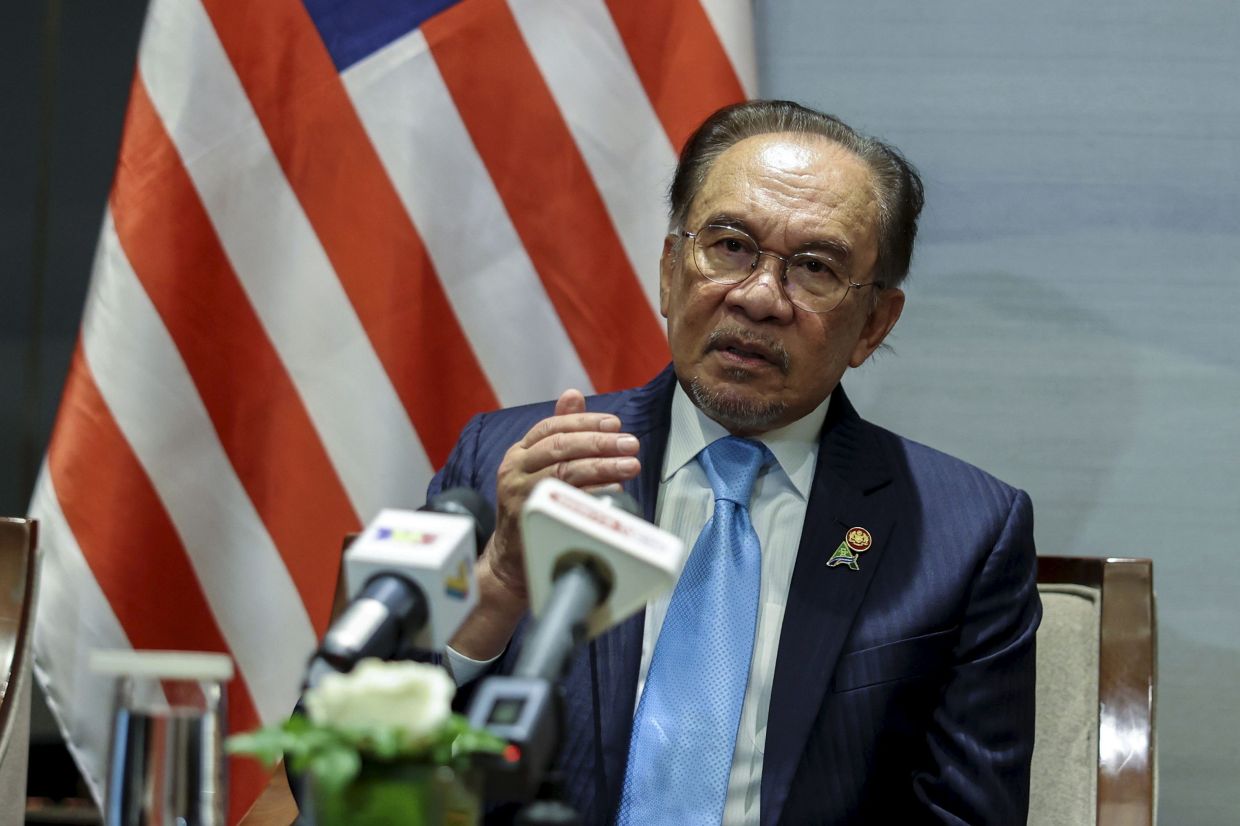PETALING JAYA: There are sufficient laws to deal with sensitive issues related to the 3Rs (race, religion and royalty), say legal experts and moderates.
Senior lawyer Mohd Haniff Kathri Abdulla said there were sufficient criminal and civil laws to deal with the matter.
“The problem is whether such laws are properly and effectively enforced and executed by the relevant bodies,” he said when contacted yesterday.
He was asked to comment on the government’s intentions to come up with a new Act to impose civil penalties on those who play up 3R sentiments.
Mohd Haniff said that if the government had the intention to enact such legislation, it must be implemented fairly.
Minister in the Prime Minister’s Department (Law and Institutional Reform) Datuk Seri Azalina Othman Said was quoted as saying that the new Act, which may be called the “State and Nation Act”, would be similar to the Maintenance of Racial Harmony Act in Singapore, but in the Malaysian context.
“It means that if one violates it, he or she will be fined. That is easier to solve or convict,” she told reporters after appearing as a guest on the “Malaysia Di Ambang PRN 2023” forum here on Wednesday.
Human rights lawyer Nizam Bashir Abdul Kariem Bashir said the move to regulate 3R issues must be balanced against Article 10 of the Federal Constitution, where all citizens are guaranteed the right to free speech and expression.
He said the new Act should be properly used without harming a citizen’s right to free speech.
However, he asked whether there was a need to introduce a new law if the current laws were adequate to deal with 3R-related issues.
Tawfik Ismail, the son of the country’s second deputy prime minister, said it was a pity that people had not learnt from what transpired during the May 13, 1969, riots, as it did not instil or restrain people from making remarks on sensitive issues.
“However, any law that comes into force must have enforcement, which is crucial.
“We have several good laws that govern the 3R issues, but how far and fair is the enforcement?
“We have politicians who are more at fault than the general public, but is there any enforcement against the bigger culprits (politicians)?
“When ordinary citizens make such remarks, you see immediate action, but the case is not the same for politicians. This is why we need political will to have an effective impact,” he said.
Constitutional law expert Datuk Dr Shad Saleem Faruqi said he was not confident that fining offenders would deter those who play up 3R issues.
He proposed that the offenders be charged under the National Harmony Act.
Lawyer and former Dewan Rakyat speaker Tan Sri Azhar Azizan Harun said he would support the government’s move to enact laws to ensure racial and religious harmony were protected.
“But there needs to be a proper interpretation of what constitutes an offence related to the 3R to avoid any abuses.
“If there is a proper guideline, the public will be clear on what the dos and don’ts are. If the definition is too wide, it will be difficult (to enforce).
“We cannot just leave it to the enforcement authorities; that is not the way; it could lead to abuse,” he added.
The Malaysian Communications and Multimedia Commission said any sharing of online content that was obscene, indecent, false, menacing or offensive in character with the intent to annoy, abuse, threaten or harass another person was subjected to Section 233 of the Communications and Multimedia Act 1998 (CMA 1998).
As such, the public is advised not to post contents that are obscene, indecent, false, menacing or offensive in character, as they can face a maximum fine of RM50,000, imprisonment for one year, or both.









































